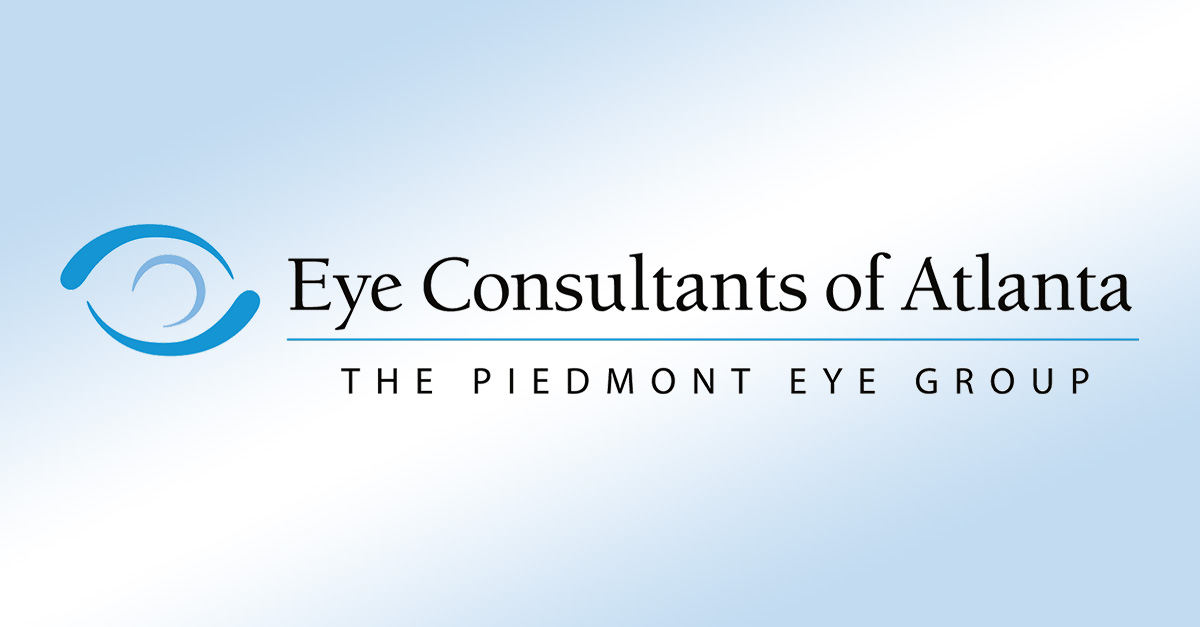Every year in the United States, there are about one million eye infections that require Americans to see an eye doctor. When you need to see an eye doctor for vision problems, you may not know whether to see a local optometrist or an ophthalmologist. The following differences between optometrists and ophthalmologists should help you make a decision.
Different Education Paths
An ophthalmologist is a medical doctor (M.D.) who specializes in eye care and is trained to perform eye surgery. After completing four years of undergraduate studies, ophthalmologists must attend and complete four years of medical school. They then do their residency for four years before they are licensed to practice ophthalmology. On the other hand, an optometrist is a holder of a Doctor of Optometry. Rather than attending medical school, optometrists attend four years of optometry school after their undergraduate studies. As a result of these differing education paths, your local optometrist is not licensed to practice surgery but an ophthalmologist is.
Eye Diagnoses and Treatment
While an ophthalmologist can treat and diagnose all eye diseases, a local optometrist is licensed to practice optometry, which for the most part involves conducting vision tests and eye exams, prescribing medications for certain eye diseases, prescribing corrective lenses, and detecting common eye problems such as glaucoma. More complex or elusive eye diseases, especially those that may require surgery, are most effectively diagnosed and treated by ophthalmologists.
As such, an accurate diagnosis may come from an optometrist or an ophthalmologist. When optometrists detect a complex eye condition, they will refer you to an ophthalmologist for further treatment. Additionally, there are subspecialist ophthalmologists whose focus lies in a specific area of surgical eye care. They deal with the most complex eye cases in their specific field. Subspecialist ophthalmologists also must complete two more years of specialized training once their residency is complete. They may specialize in glaucoma, plastic surgery, neurology, retinal or corneal disease, or a number of other subspecialty areas.
Which Doctor Should I See?
Even after learning about a few major differences between optometrists and ophthalmologists, you may still wonder which doctor is right for your vision problems. If you suspect you have astigmatism or your current lens prescription is straining your eyes, you may see either an ophthalmologist or an optometrist. Other common eye problems such as dry eyes, pink eyes, and allergies can be diagnosed by either professional. However, if you need specialized surgical treatment for eye problems such as cataracts, macular degeneration, and glaucoma, you should seek treatment from a general ophthalmologist or a specialized ophthalmologist.
Figuring out which type of eye doctor you need to see can be tough if you’re not exactly sure what you need. If you have questions about your eye health and need a second opinion, don’t hesitate to contact our team at Eye Consultants of Atlanta today.

